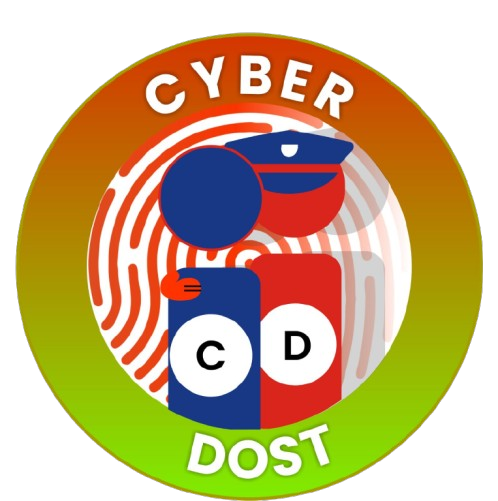Mandate
Juvenile & Justice Division focuses on monitoring the implementation of Juvenile Justice (Care and Protection of Children) Act, 2015, review setting up of institutions under the Act, organise awareness campaigns, workshop, and training for different stakeholders.
The Division has a dedicated cell for protection of children From Substance Abuse Cell focused to curb substance abuse amongst children, and monitor the rehabilitative and de-addiction related process. To read the complete mandate of the Division, kindly click here
Projects and Initiatives
Some of the most prominent projects/initiatives undertaken during Financial Year 2020-21 are mentioned:
1. Recommendation for disbursement of maintenance grant to Child Welfare Committees
Acknowledging the need of a ‘Maintenance Grant’ to the Child Welfare Committees under the Integrated Child Protection Scheme (ICPS) for essential expenditure including medicine, transportation, food, etc. during the process of a child being produced before the Committee, the Commission recommended to the Department of Women and Child Development, Govt. of NCT of Delhi that such fund disbursal is soon initiated. The Department made swift efforts to address the matter ensuring that a fund of Rs. 6000 per month be made available to the Committees, and the amount be provided from the funds available to the concerned District Child Protection Units under ICPS. Order to the same effect was passed by the Department in December’20 and since January 2021 the amount of Rs. 6000/- has been given to the Bench of CWC as an imprest amount for the same.
2. Reading campaign in Child Care Institutes (CCIs)
DCPCR in collaboration with Pratham (a non-for profit organisation) initiated a ‘Reading Campaign’ in March 2021 under the Juvenile Justice Act, 2015 for the children in need of care and protection to ensure their sustained learning outcomes in foundational literacy. The goals of the campaign were fixed that at least 60% children must be able to read advanced stories and 40% must be able to read stories. Also, at least 60% children must be able to do simple 4 digit by 2-digit division, and 40% are able to do subtraction.
In its first phase, the intervention with 200 children of 5 child care institutes (from foundational to advanced learning level) was undertaken in four stages comprising, pedagogical training of the teachers, baseline assessment through an ASER tool, followed by a 40-day intervention of teaching at the right level with regular follow-ups and midline assessments to assess the change in learning levels of the children in order to identify the further intervention areas.
The following observations were noted after the Midline assessment:
- As per the assessment results, it was observed that for Hindi approximately 54% students progressed from beginner to letter and word level and approximately 45% progressed from paragraph to story. 90% of students were noted to be on Story level.
- In Maths, approximately 30% of students were observed to have progressed from beginner, 56% students progressed from multiplication to division level and approximately 82% of students were noted to be on division level.
Therefore, in accordance to the improvements achieved, the Commission further aims to expand the impact through the campaign in order to improve the learning levels of 6000+ children who are in need of care and protection and/or conflict with law in Delhi; thereby simultaneously empowering the Institutions such as Child Care Institutions, Child Welfare Committees among others.
3. Child Protection Management Information System
The Covid-19 pandemic has taught us the importance of technology in effective monitoring and building similar processes is extremely useful for effective management of Children Homes, tracking the well-being of the children abandoned, surrendered, sexually assaulted, trafficked, traumatised, etc. Currently, all of this is being done manually. This has severe limitations as the senior officers are not able to robustly supervise their junior officials, there is a considerable lag in the data that comes, no patterns are identified, and hence little planning is possible.
Hence, the Commission has taken the lead and studied the Bihar Government MIS designed by UNICEF. The MIS will digitise all inspection reports, children’s details, Children Homes management, and other aspects enabling all officials to access reports in real-time.
The Commission has been coordinating with the Department of Women & Child Development (GNCTD), Government of Bihar and UNICEF to prepare a roadmap about how the MIS can be implemented in Delhi.


 Delhi Commission for Protection of Child Rights (DCPCR)
Delhi Commission for Protection of Child Rights (DCPCR) 


